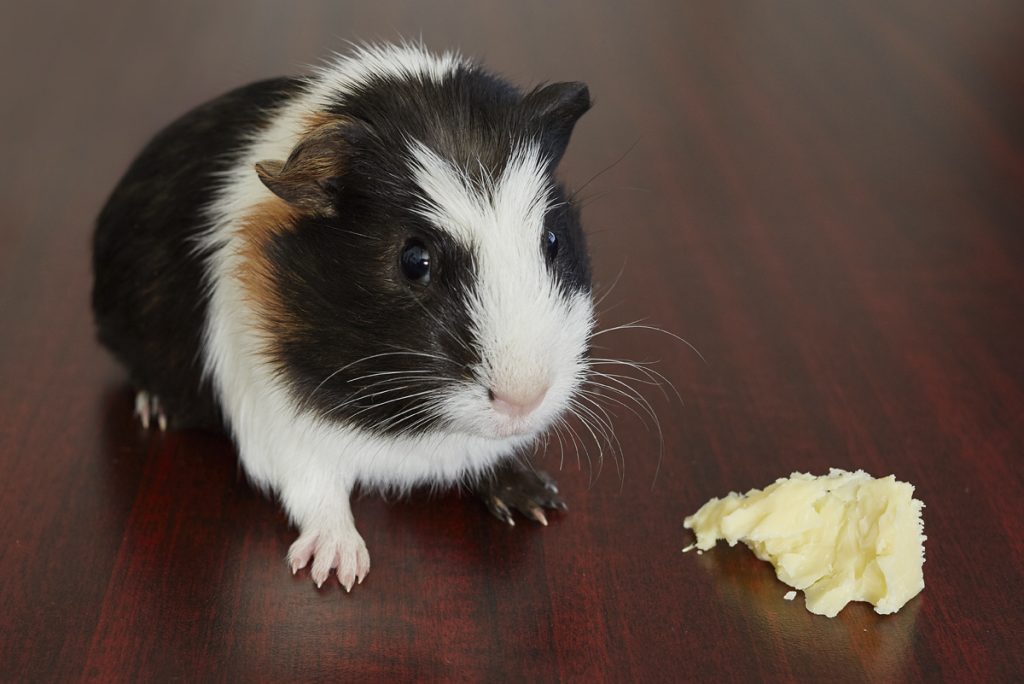Guinea pigs are popular pets known for their friendly, social nature and adorable appearance. However, for some people, interacting with guinea pigs may trigger allergic reactions. In this article, we’ll discuss the causes, symptoms, and management of guinea pig allergies.

Causes:
Guinea pig allergies are caused by the proteins found in their saliva, urine, and dander. These proteins can trigger an allergic reaction when they come into contact with the skin, eyes, or respiratory system of a sensitive individual. People who are already prone to allergies, such as asthma or hay fever, are more likely to develop an allergy to guinea pigs.
Symptoms:
The symptoms of guinea pig allergies can vary in severity and can include:
- Skin irritation: This can manifest in the form of a rash or hives that develop after coming into contact with a guinea pig’s saliva or urine.
- Respiratory problems: Breathing difficulties, wheezing, and coughing are common symptoms of guinea pig allergies. These symptoms may be worse when in close contact with a guinea pig or in a poorly ventilated area.
- Eye irritation: Redness, itching, and watering of the eyes can occur when proteins from a guinea pig’s urine, saliva, or dander come into contact with the eyes.

Management:
If you or a family member exhibit symptoms of a guinea pig allergy, there are several steps you can take to manage the allergy and minimize its impact:
- Avoid contact with guinea pigs: This is the most effective way to manage guinea pig allergies. If you or someone in your household is allergic to guinea pigs, try to limit or avoid exposure to them.
- Keep guinea pig areas clean: Regular cleaning of guinea pig cages and surrounding areas can help to reduce the amount of allergens in the environment.
- Use air filters: Air filters can help to capture allergens and reduce their presence in the air.
- Take antihistamines: Antihistamines can be used to reduce the severity of allergic reactions. However, it’s important to consult with a doctor before using antihistamines, especially for children or individuals with underlying medical conditions.
- Wear protective clothing: Gloves, long-sleeved shirts, and pants can be worn when handling guinea pigs to minimize skin contact.
- Consider finding a new home for the guinea pig: If you or someone in your household has a severe allergy to guinea pigs, it may be necessary to find a new home for your pet.

In conclusion, guinea pig allergies can cause skin irritation, respiratory problems, and eye irritation in sensitive individuals. The best way to manage guinea pig allergies is to limit or avoid exposure to guinea pigs, keep their environment clean, and use protective clothing and antihistamines when necessary. If you suspect that you or someone in your household has a guinea pig allergy, consult with a doctor or allergist to determine the best course of action.